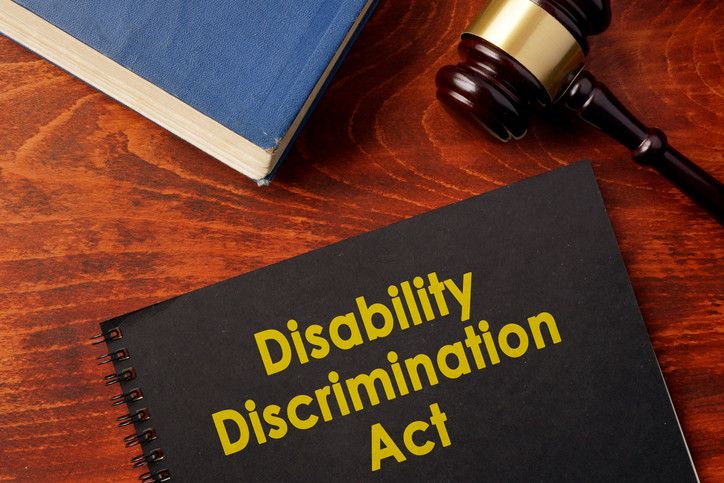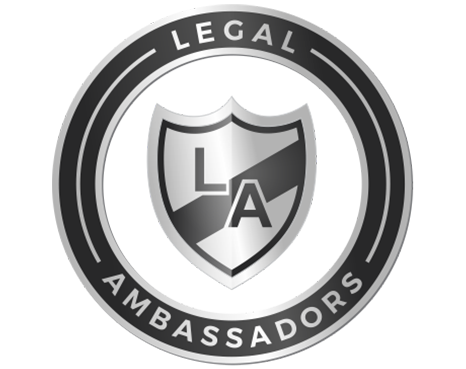At Mehtani Law Offices, P.C., our Beverly Hills employment law attorneys know that federal and California disability discrimination laws share the common goal of protecting individuals with disabilities from discrimination in the workplace.
However, there are significant differences between federal and California laws regarding scope, coverage, and specific requirements.
To follow, we discuss some key distinctions that California employees must know.

The Scope of Federal and California Discrimination Laws Differ
The primary federal law addressing disability discrimination in the workplace is the Americans with Disabilities Act (ADA). The ADA applies to employers with 15 or more employees and covers disability discrimination in the private and public sectors. It prohibits discrimination in employment, public accommodations, and other areas.
In California, disability discrimination is primarily governed by the California Fair Employment and Housing Act (FEHA). FEHA has a broader scope than the ADA. It covers employers with five or more employees and applies to all California employers.
FEHA also addresses discrimination in employment, housing, and public accommodations.
The Definition of Disability Differs Under State and Federal Laws
The ADA defines a disability as a physical or mental impairment substantially limiting one or more major life activities. It also includes individuals with a history of such impairments or who are regarded as having them.
FEHA’s definition of disability is broader and includes a more comprehensive range of physical and mental conditions. California law does not require that an impairment limit a major life activity as long as it limits the ability to perform a major life activity.
FEHA also includes medical conditions, genetic information, and other specific categories.
What are the Federal and State Disability Accommodation Requirements?
The ADA requires employers to provide reasonable accommodations to qualified individuals with disabilities unless it would cause an undue hardship on the employer.
The ADA does not specify a particular interactive process for accommodation discussions.
FEHA, on the other hand, explicitly requires employers to engage in a timely, good-faith interactive process with employees to determine appropriate accommodations.
California employers may have broader obligations when it comes to accommodations.
ADA & FEHA Retaliation and Harassment
The ADA prohibits retaliation against individuals who assert their rights under the law. It also covers harassment based on disability. Under the ADA, compensatory and punitive damages are capped, and the available remedies are more limited than California law.
FEHA provides similar protections against retaliation and harassment. In California, retaliation claims can be based on a broader range of activities than those protected by federal law. In some instances, FEHA allows for a more comprehensive range of remedies, including uncapped damages for emotional distress and punitive damages.
Generally, California law provides more extensive protection and coverage for individuals with disabilities, and employers must be familiar with both sets of regulations to ensure compliance with all applicable legal requirements.
Contact Our Skilled Employment Lawyers Today
If you believe you are being discriminated against in the workplace because of your disability, contact our skilled employment lawyers in Los Angeles County at (310)-776-3590 at Mehtani Law Offices, P.C. to schedule a free consultation today to discuss your unique circumstances with a law firm that can help pursue real results for your case.
 310-776-3590
310-776-3590





